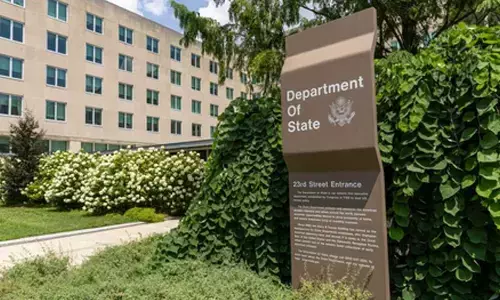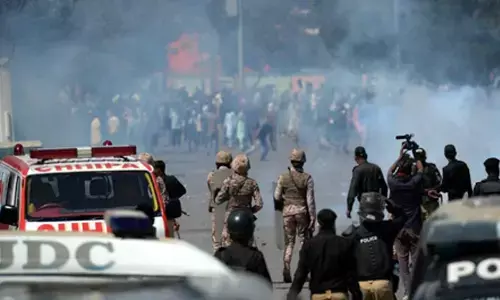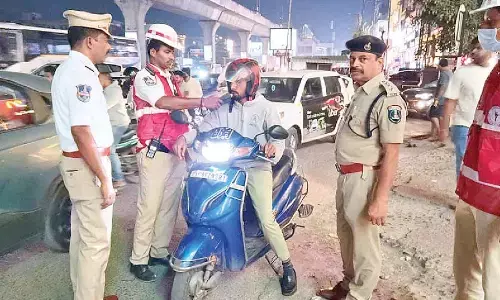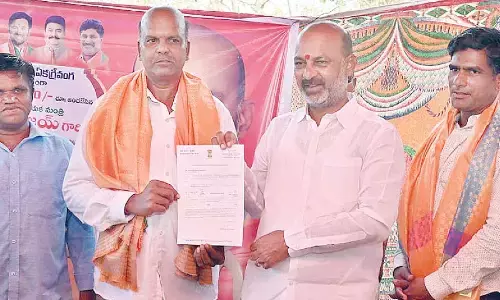Inducting extremist groups in politics claiming lives in Pakistan
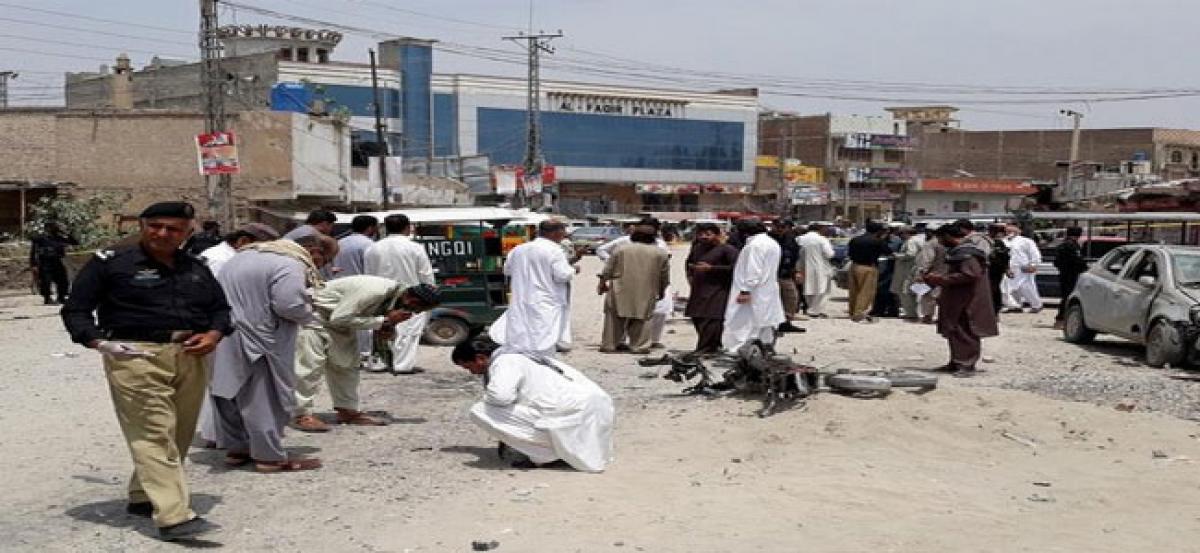
The acceptance and appeasement of extremist and militant groups in the political arena of Pakistan still continue
Islamabad [Pakistan]: The acceptance and appeasement of extremist and militant groups in the political arena of Pakistan still continue.
This scourge is leading to the death of innocent citizens to suicide attacks, according to a Pakistan-based editorial.
As per the oped titled, "The thriving killing fields" by Noreen Haider, published in The Nation, the writer compares the alarming situation in Pakistan with that of Awami National League (ANP) leader Haroon Bilour, who was killed in a suicide attack in Peshawar on July 10.
Haider opines that despite Pakistan military making tall claims that they have achieved unprecedented success on conducting several operations against terrorists, the threats of the madrassas and mother organisations breeding militancy, extremism and terrorism remain unaffected in the country.
She adds that such organisations might have changed their names to continue achieving the agendas but their movements largely remain unchanged and unnoticed across the country.
The writer also explains that a new strategy has been adopted by "mainstreaming" and including terrorist organisations in the electoral process in Pakistani politics. These groups are renamed and rebranded as "political parties" and have been alloted party symbols, offering them a legitimate chance to contest general elections.
"This legitimising of former and present militant groups has also provided them with a huge advantage of having a nuisance value over the already exiting political parties, which are forced to reach out to them for creating political alliances or at least expressing their desire to do so. So we see the former chief minister and former prime minister visiting leaders of these new parties and asking them for alliances and favours at their party offices, albeit with or without success," Haider writes in The Nation.
Interestingly, the security and protocol of these so-called political parties are at par with the chief executives or heads of the state.
For instance, Imran Khan-led Pakistan Tehreek-e-Insaf (PTI) government had massively funded the madrassas in Khyber Pakhtunkhwa saying "they are providing support for mainstreaming of such madrassas" like Haqqania.
Haider continues that despite this, no proof has been found whether the madrassas have actually introduced new and modern subjects or altered their narratives as a pre-condition to continue receiving the funding from the provincial government.
The Constitution of Pakistan clearly defines the priniciples on how the country should be governed and run. It also ensures the citizens of being granted all rights.
The writer asserts that if any party, organisation or an outfit does not agree to the principles as mentioned in the Constitution, they cannot be "mainstreamed in any possible way." In similar lines, promoting and accepting any form of ideology or a narrative violates the principles of democracy and civil rights as cited in the constitution of the country.
Haider notes that due to the amalgamation of the so-called political parties in the mainstream political arena in Pakistan, Bilour and others lost their lives in the Peshawar suicide attack in what she described as a "brutal murder" of Bilour.
It may be recalled that Bilour's father Bashir Ahmad Bilour was also killed in a similar suicide attack in Peshawar back in 2012.
The writer finally concludes by saying that a consensus has to be reached by all parties in Pakistan, as military operations will not eradicate terrorism alone.
All the state actors should come to a point of agreement that Pakistan will be governed solely by the principles laid down by the Constitution and should reject all forms of extremist ideologies.
Haider warns that if such appeasement of inducting extremist and terrorist groups into the Pakistani political arena continues, then this will only inflict more casualties in future terror attacks.
She adds that such attacks "are carried out in the name of elimination of non-believers that is somehow considered a legitimate reason to keep the killing fields alive."





